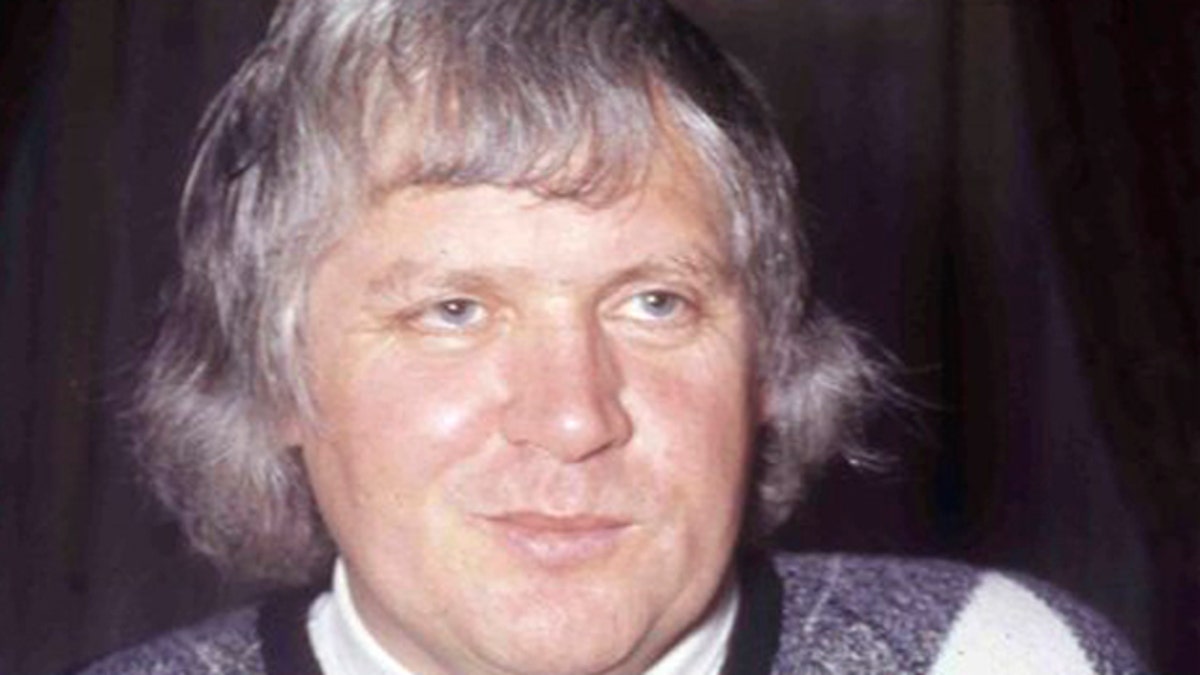
FILE- British film director Ken Russell at a reception to launch the film 'The Boy Friend' in London, England. (AP)
LONDON – Ken Russell, the British director whose daring and sometimes outrageous films often tested the patience of audiences and critics, has died at age 84.
Russell died in a hospital on Sunday following a series of strokes, his son Alex Verney-Elliott said Monday.
One of Russell's biggest successes came in 1969 with "Women in Love," based on the book by D.H. Lawrence, which earned Academy Award nominations for the director and for writer Larry Kramer, and an Oscar for the star, Glenda Jackson.
Music played a central role in many of Russell's films including "The Music Lovers" in 1970, and "Lisztomania" and "Tommy" in 1975.
"My father died peacefully," Verney-Elliott said. "He had had a series of strokes. He died with a smile on his face."
Russell established himself by making short films for the British Broadcasting Corp., focusing on arts and artists including profiles of the poet John Betjeman, comedian Spike Milligan and playwright Shelagh Delaney, the author of "A Taste of Honey."
"When there were no more live artists left, we turned to making somewhat longer films about dead artists such as Prokofiev," Russell once said.
"At first we were only allowed to use still photographs and newsreel footage of these subjects, but eventually we sneaked in the odd hand playing the piano (in 'Prokofiev') and the odd back walking through a door. By the time a couple of years had gone by, those boring little factual accounts of the artists had evolved into evocative films of an hour or more which used real actors to impersonate the historical figures."
Russell's darker side appeared in "Dante's Inferno" in 1967, about the poet Dante Gabriel Rossetti. Russell played up the differences between Rossetti's idealized view of his wife and her reality as a drug addict.
Russell was even more provocative in his 1970 film, "The Dance of the Seven Veils: A Comic Strip in Seven Episodes." It presents the composer Richard Strauss as a crypto-Nazi, and showed him conducting Rosenkavalier waltzes while SS men tortured a Jew.













































